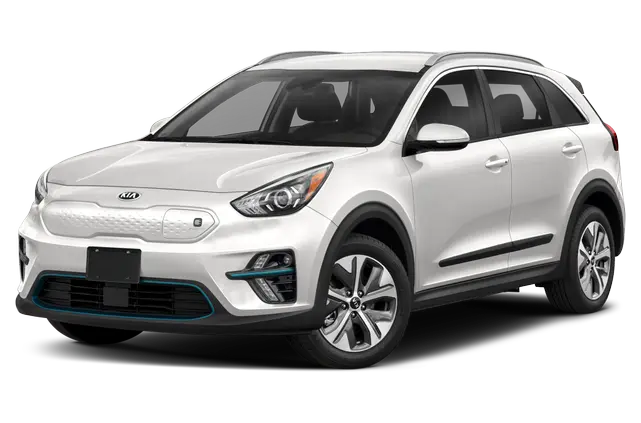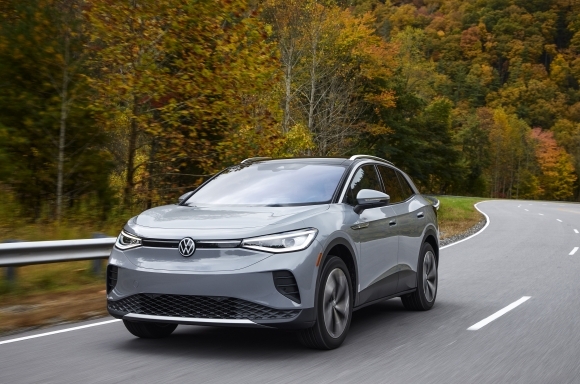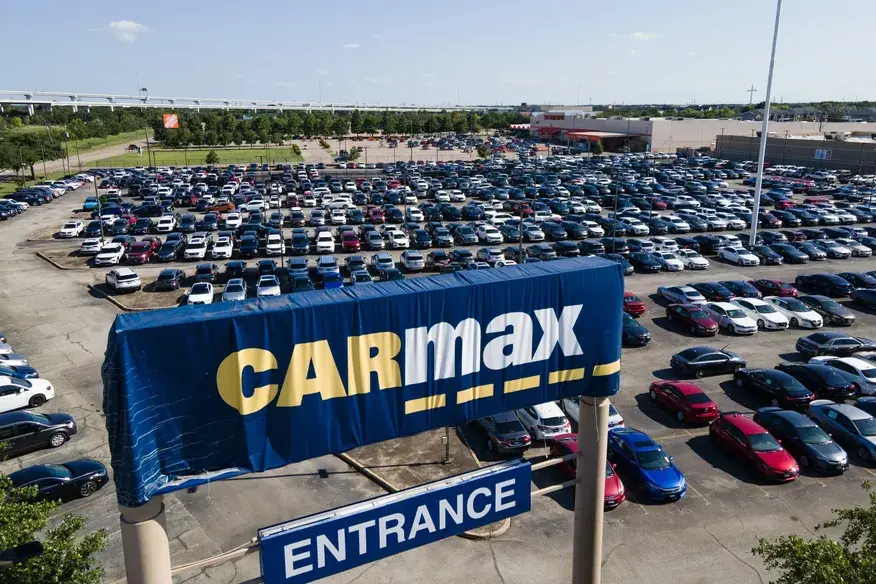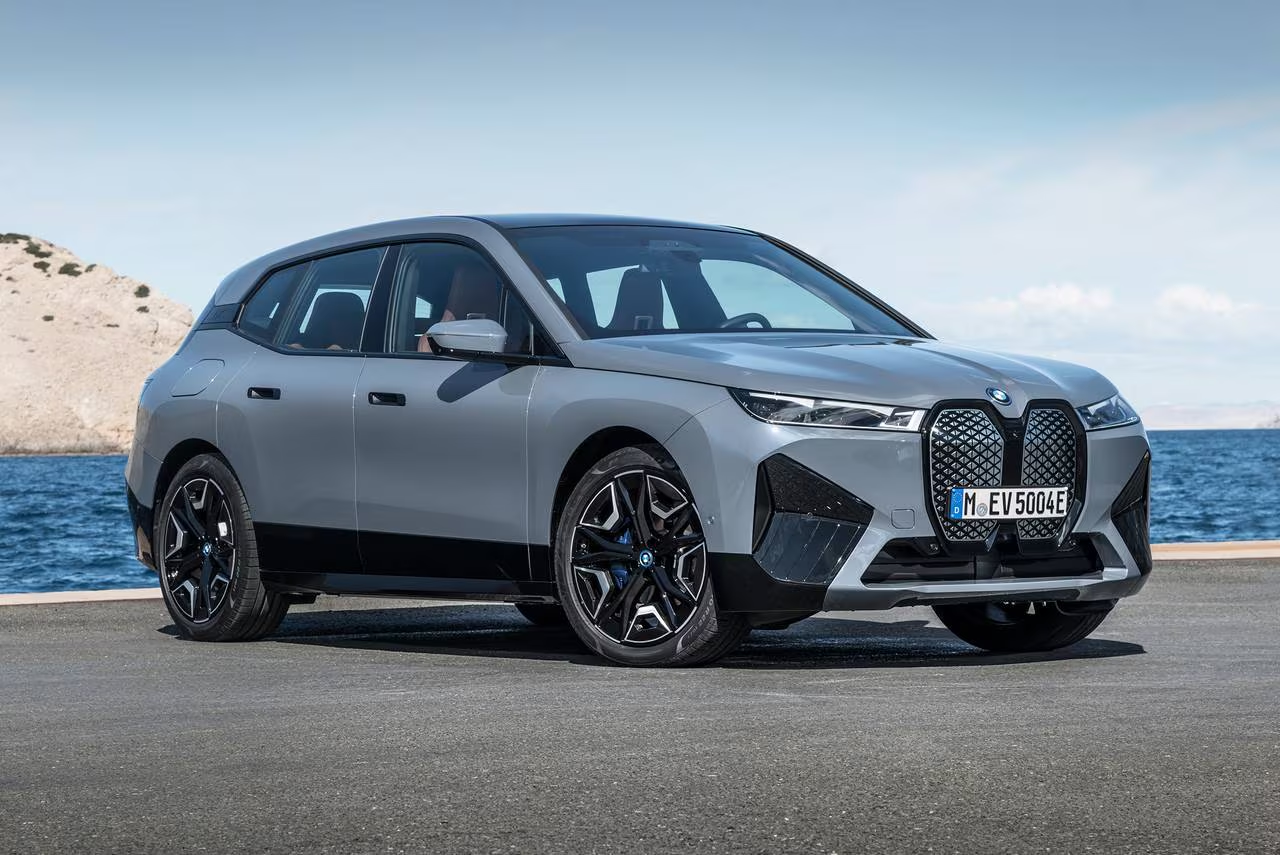Shopping for a Used Electric SUV in 2025? Here’s What Actually Matters
Used EVs are everywhere right now. Prices are falling, new models keep dropping, and if you’ve got $30,000 to spend in 2025, you can actually get something solid — if you know what you’re looking for.
But let’s not pretend it’s easy.
You’ve got ex-lease Teslas with questionable battery health. First-gen Chevy Bolts. A wave of old Nissan Leafs people can’t give away fast enough. And dealers trying to unload anything that plugs in, whether it’s reliable or not.
So I spent weeks digging through owner reports, battery degradation data, auction prices, forum horror stories, and real-world charging results — plus the stuff nobody puts in a brochure: how much range these EVs still have, what fails early, and which ones are actually smart buys in 2025.
This guide cuts through the noise. If you’re buying a used electric SUV this year under $30K, start here.
Why $30K Is the Sweet Spot in 2025
A couple years ago, this budget would barely get you a used Nissan Leaf. Now? You’ve got real choices.
What changed:
- EV leasing exploded from 2021–2023 — and all those cars are hitting the used market
- Battery tech got better, but early depreciation still hits EVs hard
- More people are upgrading to newer EVs (with longer range), so used prices are falling
- The $4,000 federal used EV tax credit (if you qualify) brings prices down even more
That makes the $25K–$30K range a real sweet spot — if you avoid the duds and focus on models with solid battery health, real-world range, and reliability.
What to Look For in a Used Electric SUV
Forget the EPA range on the window sticker. It means almost nothing once the battery’s a few years old. Here’s what actually matters in 2025:
Battery State of Health (SOH)
Get it scanned. If it’s under 85%, you’re buying future problems.
Real-World Range, Not Brochure Numbers
Look for range reviews from owners who drive like you — not 55 mph on a closed track.
Thermal Battery Management
Vehicles without active cooling (like older Leafs) degrade faster, especially in hot states.
Charging Speed
A 250-mile EV that takes 90 minutes to fast charge isn’t road-trip material.
Known Failure Points
Every EV has a weak spot. Some are annoying. Some cost five figures.
The Best Used Electric SUVs Under $30K in 2025
These are the real contenders. Not just because of price — but because they’ve held up, charge well, and still have enough range to be useful.
1. 2021–2022 Volkswagen ID.4 Pro RWD
Used Price: $22,000–$28,000
Original Range: 260 miles
Real-World Range (2025): 215–230 miles
Charging Speed: 125 kW DC fast
Battery Cooling: Yes
What to Watch: Software bugs, early infotainment freezes
Why It’s a Smart Buy
The ID.4 Pro RWD may not have the flash of a Tesla, but it’s spacious, quiet, and holds range surprisingly well. The rear-drive version has fewer problems than the AWD trims, and it’s easy to find used lease returns under $30K. Battery health? Often above 90%, even with 50K miles.
What Owners Complain About
VW’s infotainment system. It’s laggy, awkward, and prone to freezing in earlier models. Check for software updates before buying.
2. 2019–2021 Hyundai Kona Electric
Used Price: $20,000–$27,500
Original Range: 258 miles
Real-World Range (2025): 200–220 miles
Charging Speed: 70 kW
Battery Cooling: Yes
What to Watch: Battery recall (LG packs), cramped back seats
Why It’s a Smart Buy
The Kona Electric flies under the radar. But the truth is, this thing is efficient, reliable, and proven. Real-world range is still excellent, and the thermal management system protects the battery in heat or cold.
What Owners Complain About
Slow fast charging. It’ll get the job done, but don’t expect to juice from 10% to 80% in 25 minutes. It’s more like 45–55. And the interior’s tight in the back.
3. 2021–2022 Chevrolet Bolt EUV
Used Price: $20,000–$26,500
Original Range: 247 miles
Real-World Range (2025): 210–225 miles
Charging Speed: 55 kW
Battery Cooling: Yes
What to Watch: Make sure battery has been replaced under recall
Why It’s a Smart Buy
Yes, the Bolt had issues — but GM replaced nearly every pack for free. Many 2021–2022 models have brand new batteries with low mileage and full warranty. The EUV version has more rear seat space and Super Cruise if you’re lucky.
What Owners Complain About
Charging speed is still disappointing. 55 kW is fine around town, but not ideal for road trips. Also, some early owners report rattles and cheap interior plastics.
4. 2021–2022 Ford Mustang Mach-E Select RWD
Used Price: $28,000–$30,000
Original Range: 230 miles
Real-World Range (2025): 190–210 miles
Charging Speed: Up to 150 kW
Battery Cooling: Yes
What to Watch: Sync 4 glitches, door latch errors
Why It’s a Smart Buy
The Mach-E Select is right on the edge of $30K, but deals are out there. Rear-wheel-drive trims have fewer issues than AWD and tend to be better maintained. Solid charging speed and enough tech to feel modern.
What Owners Complain About
Early software bugs. Ford’s OTA updates helped, but some vehicles still freeze or reboot mid-drive. Also, check that door handles and electronic latches work — they’re finicky.
5. 2021 Kia Niro EV

Used Price: $21,000–$26,000
Original Range: 239 miles
Real-World Range (2025): 200–215 miles
Charging Speed: 77 kW
Battery Cooling: Yes
What to Watch: Slow charging, weak app support
Why It’s a Smart Buy
It’s basically a clone of the Kona, but with slightly more interior room and less aggressive styling. Kia’s EVs from this era were rock solid. Battery health tends to be above 90%, and they’re easy to find under $25K.
What Owners Complain About
Charging speed isn’t competitive by today’s standards. Still fine for daily use — just don’t expect road trip performance.
EVs to Be Cautious About Under $30K
2016–2019 Nissan Leaf (All Trims)
Problem: No thermal battery management
Why to Avoid: Degradation is awful, especially in heat. You’ll see 100+ miles of range gone in 5–7 years. Early Leafs are cheap for a reason.
2020–2021 Audi e-tron (if priced low)
Problem: Terrible efficiency, heavy vehicle
Why to Avoid: Great interior, but you’ll be charging constantly. Many under $30K have high miles and show early battery stress. Repairs are expensive.
2019–2020 Jaguar I-Pace
Problem: Software nightmares
Why to Avoid: Gorgeous, fast, and completely unreliable. Owners still report range inconsistencies, failed updates, and expensive out-of-warranty repairs.
What’s Actually Worth It in This Price Range?
Best All-Around Value: Volkswagen ID.4 Pro RWD
Enough space, range, and quality to feel like a modern SUV. Easy to find under $30K.
Best for City Driving: Chevy Bolt EUV
Small outside, roomy enough inside, and usually comes with a fresh battery.
Best Long-Term Reliability: Hyundai Kona or Kia Niro EV
Not flashy, but dependable. Still plenty of life left in these.
Best Performance Feel: Ford Mustang Mach-E Select
If you can find one under $30K, you’re getting serious EV for the money.
What We Think (From Behind the Wheel)
There’s finally some breathing room in the used EV market. A year ago, people were paying $33K for base-model Bolts. Now, you can get a used Kona with 90% battery health for $22K — and it’ll outlast half the new crossovers on the road.
If you’re shopping under $30K in 2025, your goal isn’t to get the biggest range number. It’s to get the most battery life left, from a car that was built well enough to still charge, run, and survive daily use five years later.
Don’t get suckered by badge names or old luxury EVs with failing software. What matters is whether it charges fast, holds range, and doesn’t kill your resale.
Scan the battery. Check the thermal system. Drive it. And when in doubt — don’t buy anything without seeing what other owners are dealing with.
You’ve got real options now. This year, $30K gets you a serious electric SUV.





